How to Care for Your Allotment During a Hosepipe Ban
With hosepipe bans and long stretches of dry weather becoming more common, it’s important to adjust how we care for our allotments during the summer months. From smarter watering techniques to sustainable water collection, there’s plenty you can do to keep your plot productive without wasting water.
1. Mulch to Lock in Moisture
Bare soil can dry out fast in hot weather. Adding mulch—like compost, grass clippings, hay, or even low-growing plants—helps protect the soil, feeds soil organisms, and reduces evaporation. Mulching around your vegetables keeps roots cool and moist for longer.
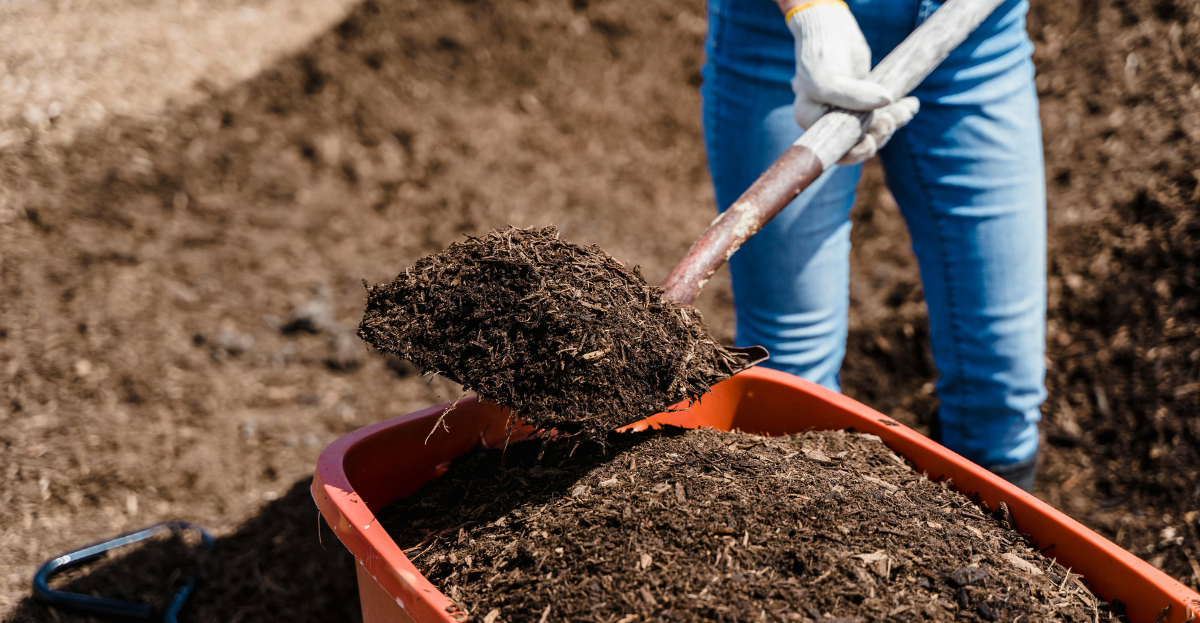
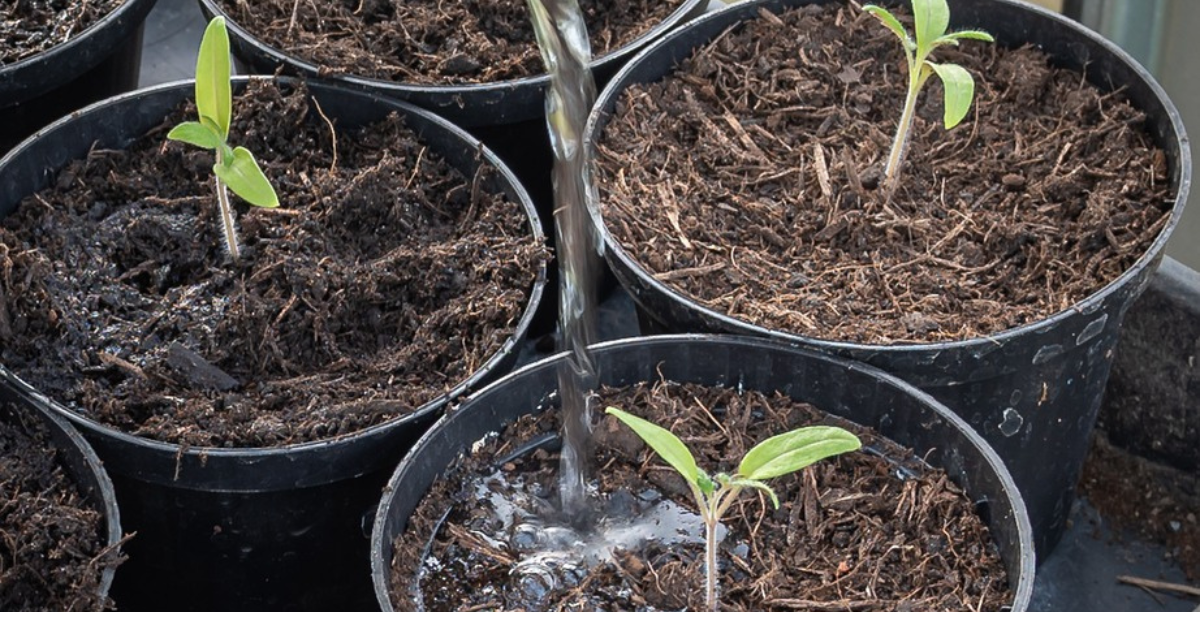
2. Water Smart, Not More
Don’t just sprinkle water across your plants—make it count. Always water directly at the roots and avoid wetting the leaves. Plants like tomatoes, cucumbers, and peppers (especially under cover) need deep watering once a day, not a light spray. Use a watering can or bucket instead of a hose during bans, and focus your effort on plants that need it most, such as young veg, lettuces, peas, and beans

3. Time It Right
Water early in the morning or later in the evening to minimise evaporation. Avoid the heat of the day when water tends to evaporate before reaching the roots.
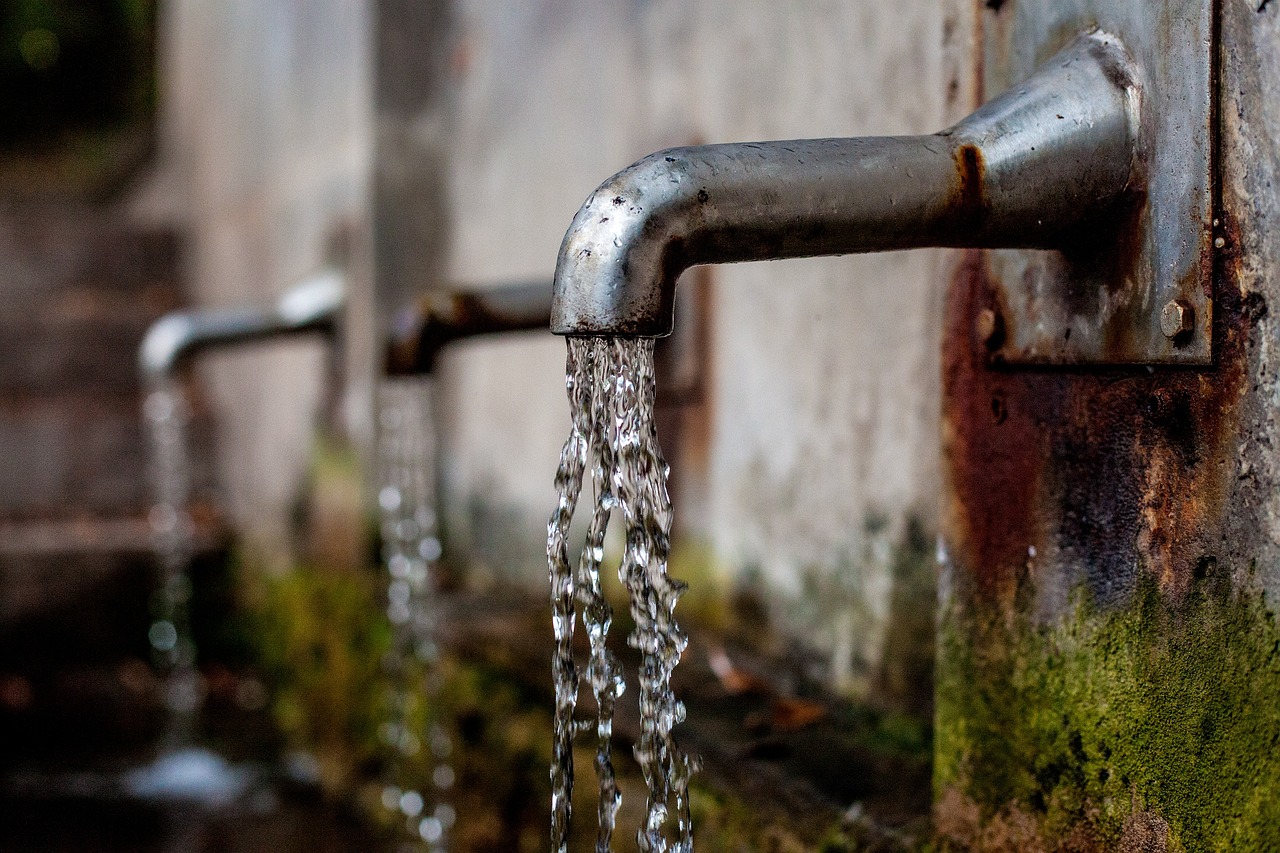
4. Build Plant Resilience
Allowing certain plants to go a few days without water encourages deeper root growth. Carrots, parsnips, and beetroot can find moisture several inches below the surface and often need little help once established. This deeper rooting makes them more drought-tolerant—and tastier too.
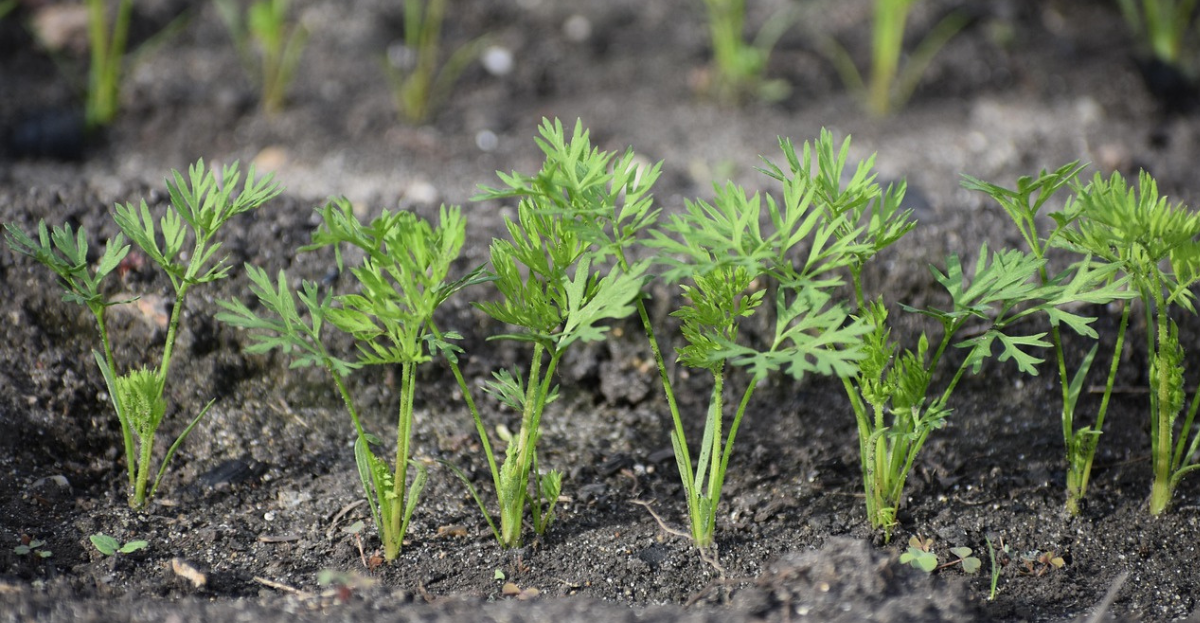

5. Collect and Reuse Water
Rainwater is ideal for your plants—and free. Install water butts to collect runoff from sheds and greenhouses. You can also reuse “grey water” from your home—like water from washing salad, boiling veg, or waiting for the tap to run warm. Keep a bucket by the sink and see how much you can save!
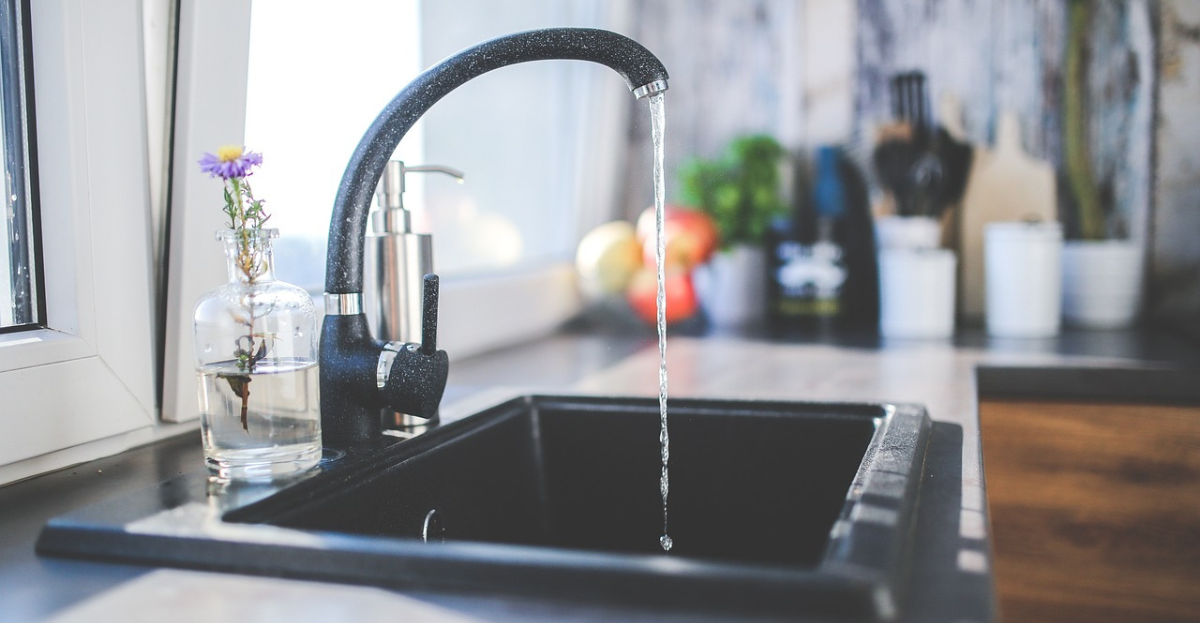
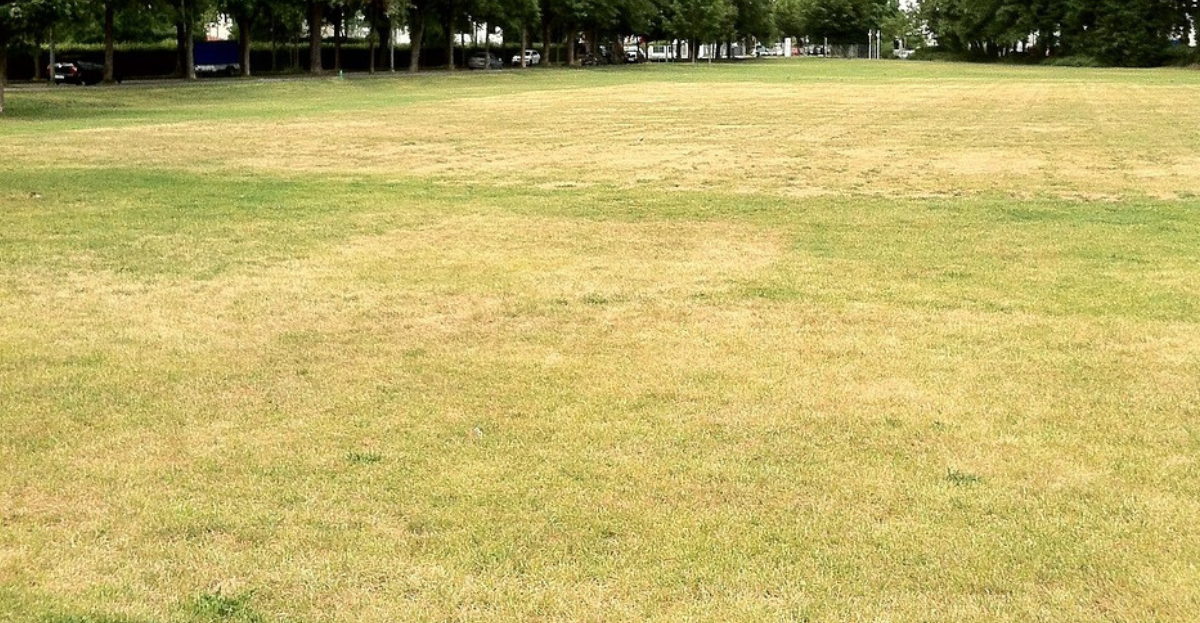
6. Prioritise What You Water
In a dry spell, it’s okay to let lawns go brown—they'll bounce back with rain. Focus your watering on seedlings, potted plants, and young crops that are still establishing. Established perennials and shrubs are usually tough enough to withstand short droughts.

7. Consider Drip Irrigation
Drip irrigation systems are often exempt from hosepipe bans and are far more efficient than sprinklers. They deliver water directly to plant roots and can reduce your usage by up to 90%. Just make sure to check local restrictions before using one
Current Hosepipe Bans:
Yorkshire Water
Starting 11th July 2025, a hosepipe and sprinkler ban is in effect across Sheffield and South Yorkshire due to the region's driest spring in 132 years. Reservoir levels have fallen to 55.8%, prompting an official drought declaration. Under this ban, residents cannot use hosepipes or sprinklers for watering gardens, washing cars, or filling pools.
However, Yorkshire water have clarified in their FAQs page that allotment holders can still water their food crops using a hosepipe. You can still water your general flowers and plants using watering cans or buckets filled from your outside tap, as long as you don’t use a hosepipe. Exemptions also allow watering newly laid turf or grass seed within the first 28 days if laid before the ban started. These restrictions will remain until rainfall improves water supplies.
Kent & Sussex
South East water are now asking residents to adhere to their hosepipe ban; within enforcment commencing from 18th July 2025.
Please note the following exemption as detailed on the South East Water website:
'Water food crops at domestic premises or private allotments, where this cannot be reasonably done by watering can.'
Thames Water
There is a hosepipe ban in the following postcodes: OX, GL, SN, RG4, RG8 and RG9
This is the information for allotments from the Thames Water website: “A hosepipe can be used to water food crops at domestic premises or private allotments. This is only if it cannot be reasonably done by a watering can.”
Southern Water
There is a hosepipe ban across Hampshire and the Isle of White.
Hosepipes are permitted under the exemptions listed here if it is not feasible to use a watering can:
https://www.southernwater.co.uk/help-and-support/hosepipe-ban-exemptions/
Join The National Allotment Society
Become a National Allotment Society member and help to preserve and protect allotments for future generations.
You'll also gain a range of benefits including free liability insurance, initial legal support, expert advice and much more.
